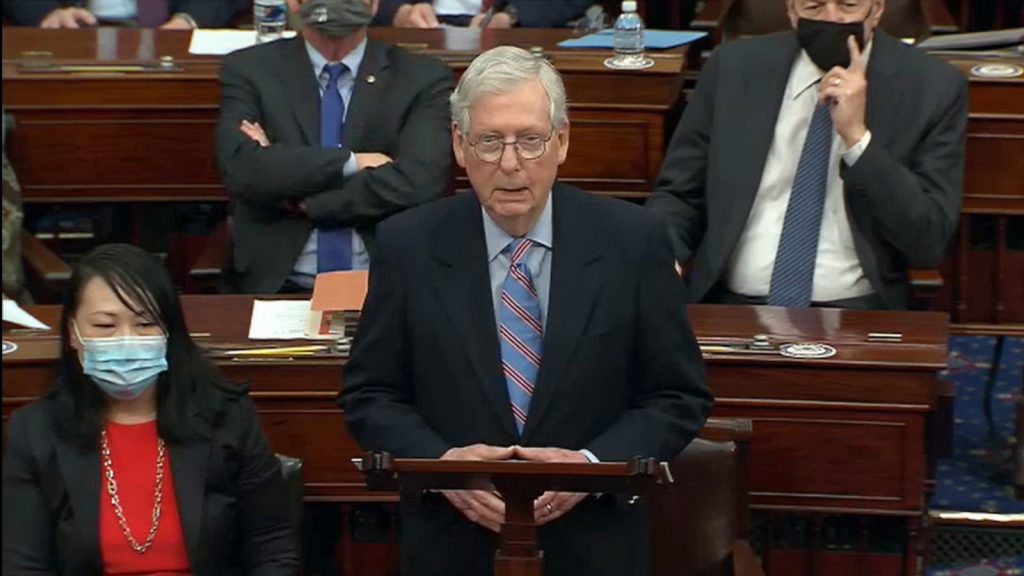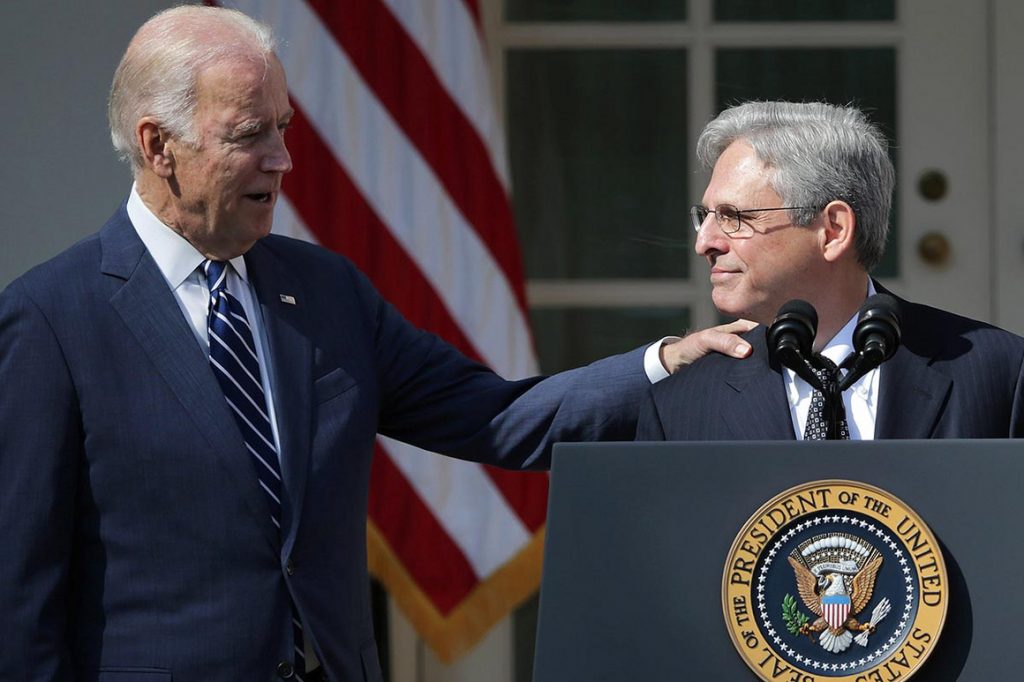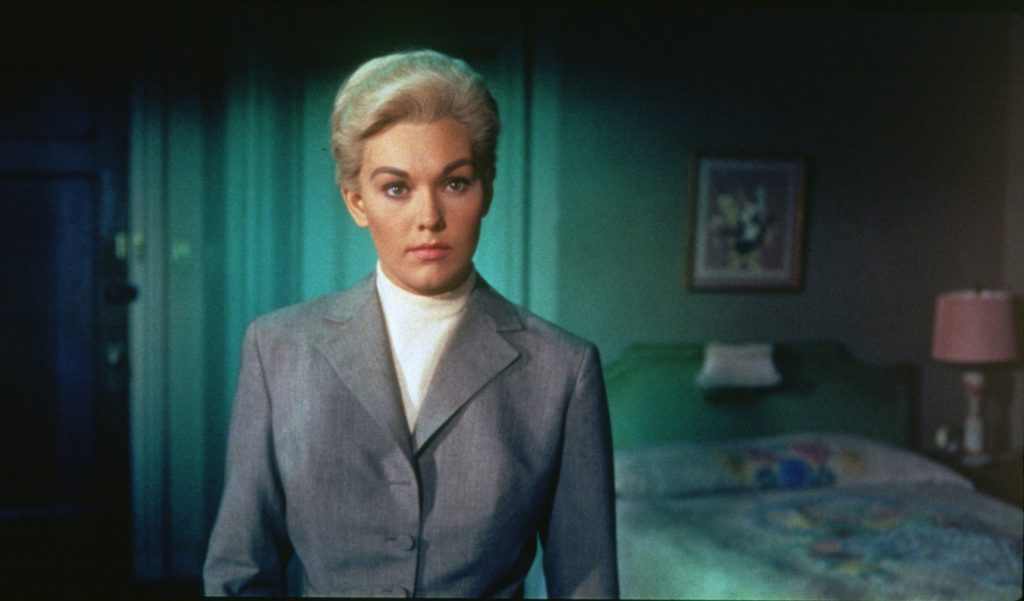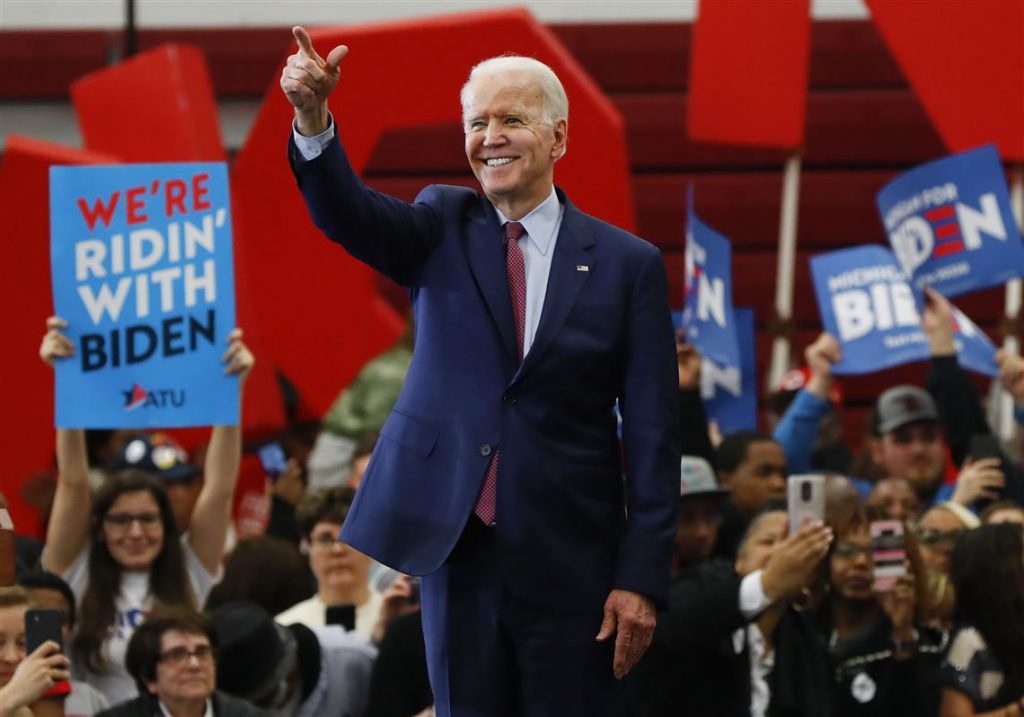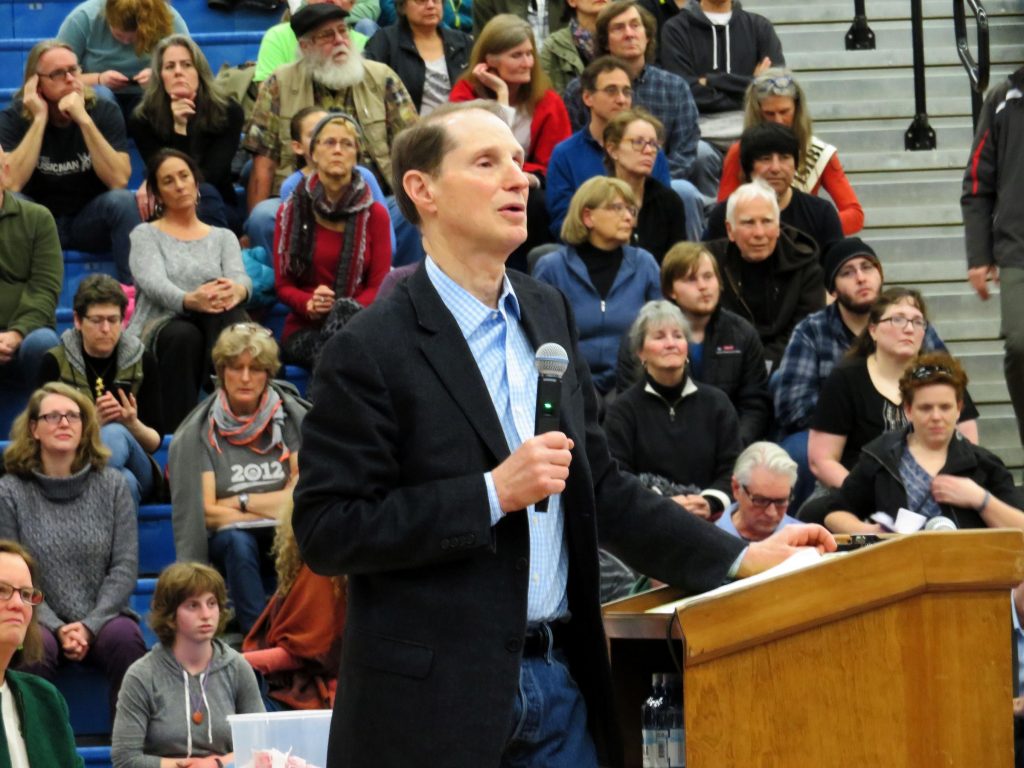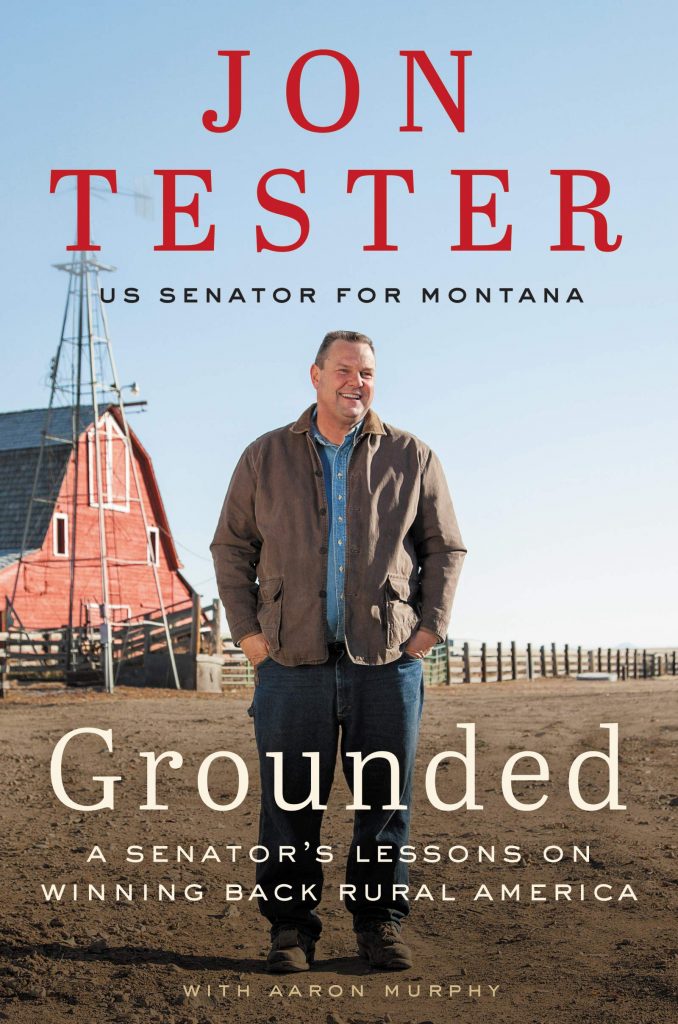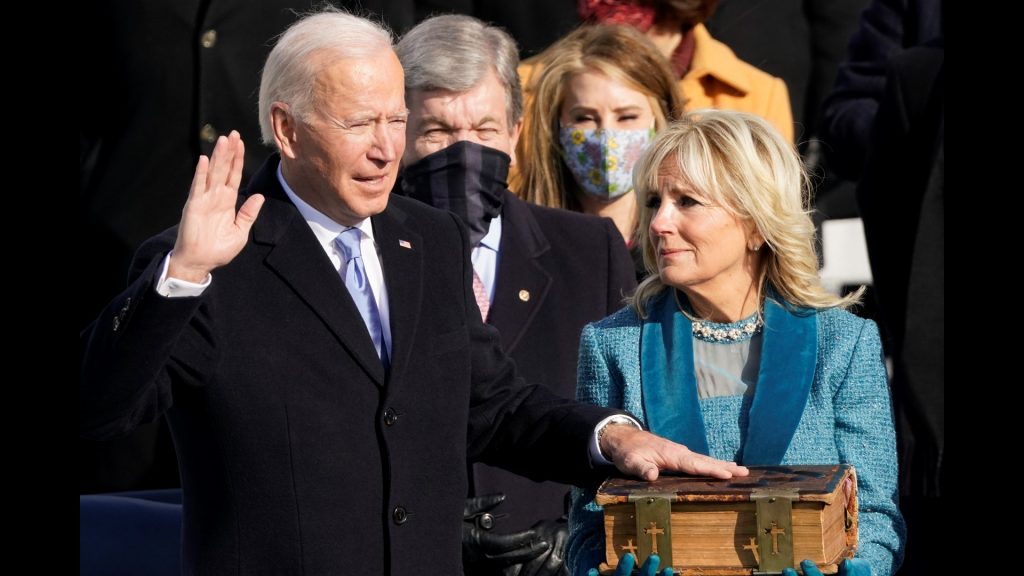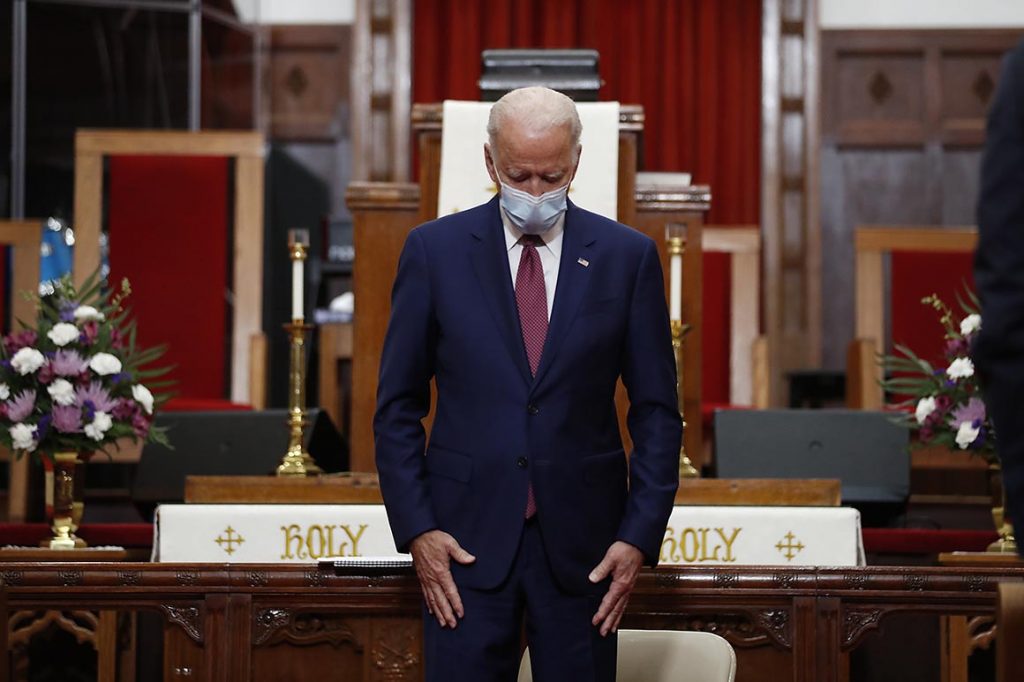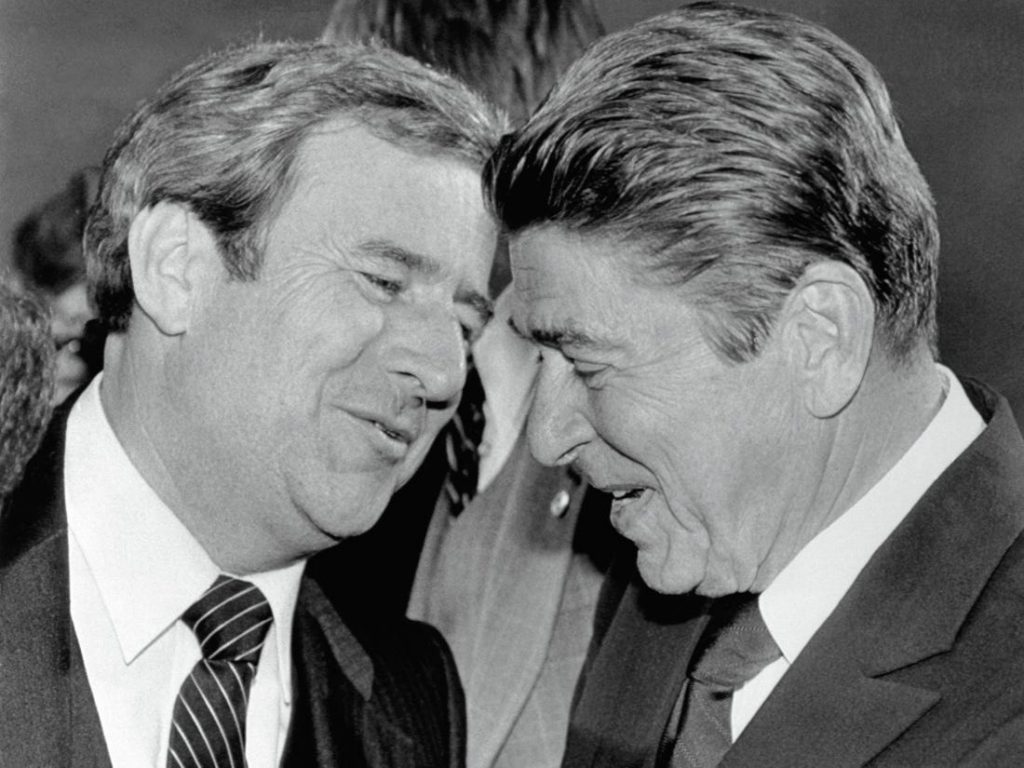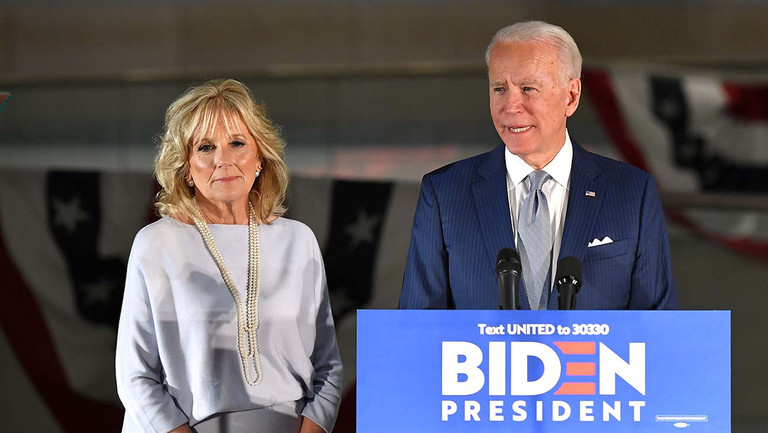Bipartisanship in American politics has become such a stretch, such a rare occurrence that when it does occasionally break out – the recent bipartisan debt ceiling agreement, for instance – the notion that competing ideologies can compromise in support of the broad national interest becomes a “man bites dog” story.
Here’s National Public Radio White House correspondent Tamara Keith analyzing the deal Democratic president Joe Biden cut with Republican House Speaker Kevin McCarthy.
“This idea of bipartisanship is something that President Biden ran on in 2020,” Keith observed a week ago. “It is certainly something that he is running on again in 2024. It does at times feel a bit antiquated in this time of partisan polarization, like pining for a time when Elvis was still the king. But Biden actually does have a stack of bipartisan accomplishments to point to.”
Elvis has left the building and lo and behold there is a president in the White House who can cut a deal with the same people who have spent years demonizing him as a shambling old fool.
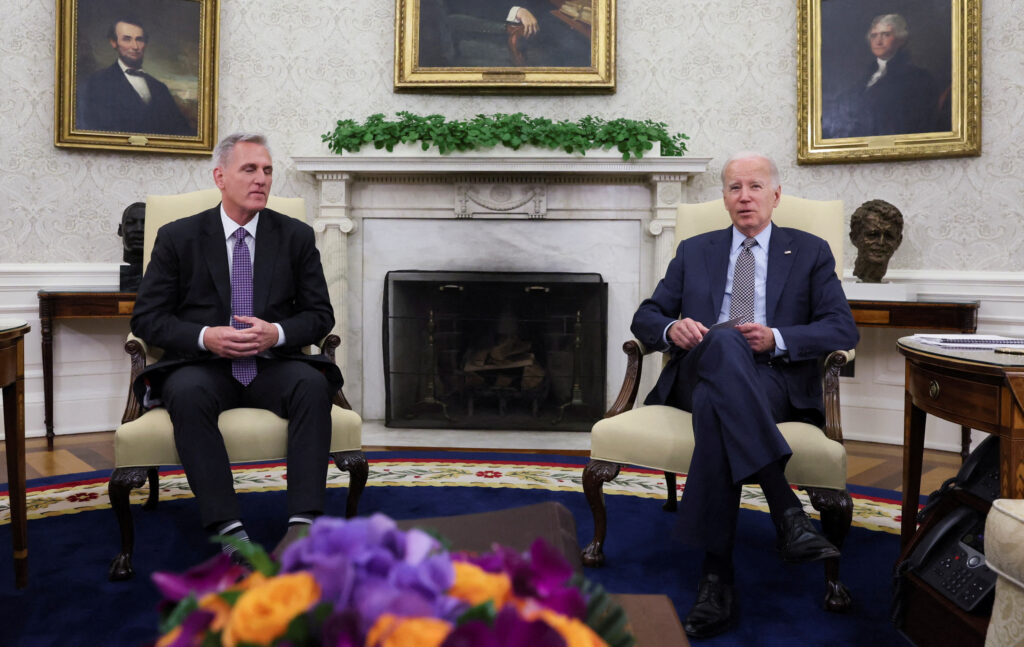
In truth, the old guy provided a graduate level course in how to work across the partisan divide. The debt deal required effort, good faith, persistence and a belief that failure was not an option. Having ended a standoff that had it not been resolved might well have tanked the world economy, Biden lavished praise. “Both sides operated in good faith. Both sides kept their word,” Biden said.
And McCarthy, who faced revolt from the fringes of his own party, had to admit that talking directly with Biden had not been all that bad an experience, and as Biden noted “the American people got what they needed.”
Ms. Keith is an excellent reporter, among the best at defining and deconstructing the often devious and destructive partisanship of our nation’s capital. Yet, as good as she is, Tamara Keith, like most political reporters now laboring in the toxic Trump Era, came of age during a generation of political dysfunction – “this time of partisan polarization,” as she correctly describes our times.
Keith was born in 1979, six years after Joe Biden took his seat in the United States Senate.
Biden was 30 years old when he took his first oath. The Senate was a different place then. Both parties had conservatives and liberals. The chairs of important committees were really important, much more important than they are today. And a laconic, principled advocate of bipartisanship, Mike Mansfield of Montana, a Democrat, was the Senate majority leader. Mansfield, who left the Senate in 1977 after 16 years as majority leader, defined his era.
Mansfield made his career working across that center aisle in the Senate. He had an almost religious devotion to fairness. You can search the archives and find no more than a handful of times when Mansfield criticized a Republican by name. He literally bent over backwards to treat his colleagues with respect and deference.
Just to put a fine point on his spectacular career, Mike was no Mitch McConnell.
The ”antiquated” approach Joe Biden took to the debt ceiling negotiation was pure Mike Mansfield.
In our dysfunctional era when character in political actors is as old fashioned as a 78 rpm record, Mansfield knew that honesty, both with your side and the opposition, was the coin of political capital. If you can’t trust, you can’t negotiate.
Joe Biden has often acknowledged the mentorship role Mansfield played in his early career, particularly after Biden’s first wife and daughter were killed, and his two sons injured, in a tragic automobile accident shortly after Biden won an upset first election to the Senate in 1972.
By all accounts Biden was devastated by the tragedy and had made up his mind not to assume the Senate seat he had just won in Delaware. Mansfield talked him out of that decision, helped engineer a seat on the Foreign Relations Committee for the inexperienced politician and counseled the grieving father about his obligation to serve.
Biden was there when Mansfield, in one of his many great decisions, selected a North Carolina segregationist, Sam Ervin, who also happened to be a worshiper of the Constitution to chair what became the Watergate Committee. The Montanan knew that a partisan investigation of the potential wrongdoing of a sitting president would not be credible if the investigative committee was packed with high profile partisans. The committee Mansfield appointed contained no Democrat with any real national profile and certainly no aspirations beyond the Senate.
Mansfield knew that the Watergate scandal held the potential to tarnish the Republican Party for a generation, so he preemptively exonerated the party of any corruption, while letting Ervin’s investigation reveal the facts about burglars and hush money and political cover ups.
Biden was in Mansfield’s Senate when the majority leader went every week to breakfast at the White House with Richard Nixon, who never completely trusted anyone. Nixon, savoring the prospect of his long sought diplomatic opening to China, was afraid that Mansfield – a scholar of Asian history – would find a way to show up the White House and undercut his accomplishment.
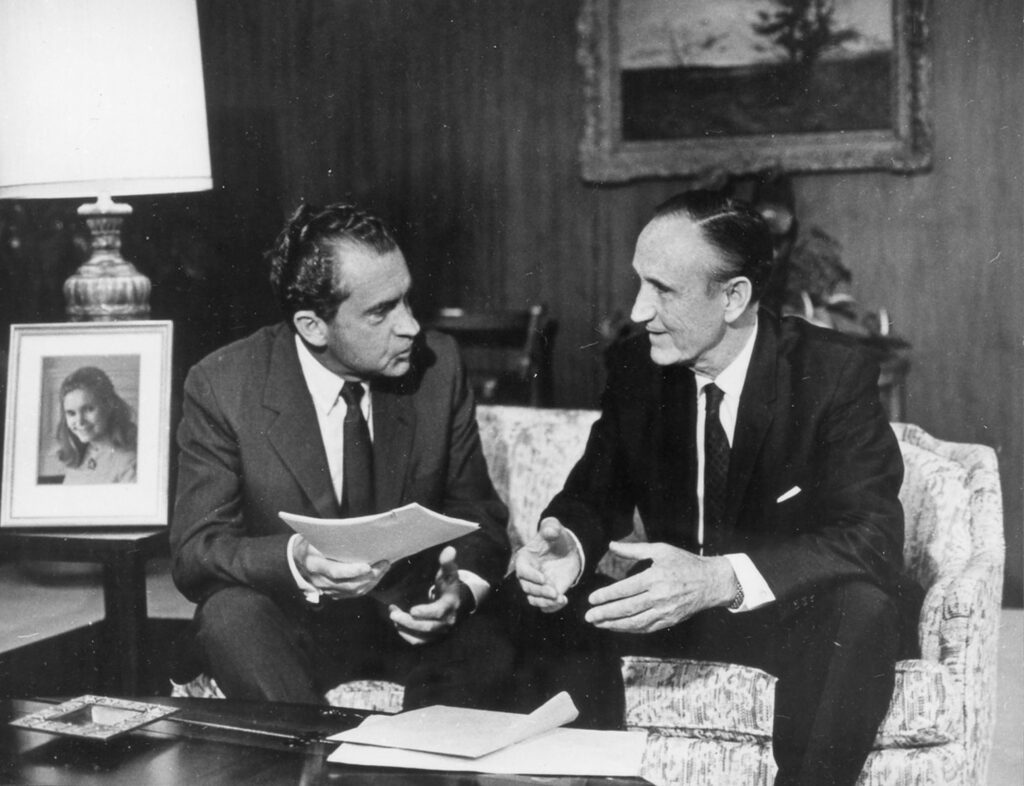
Mansfield didn’t do that, of course, and after Nixon opened the door to China, Mansfield went with his Senate Republican counterpart, Hugh Scott of Pennsylvania, on a good will mission to Beijing sanctioned by Nixon.
Like Mansfield Biden seems to know when to stay quiet. During the tense debt ceiling negotiations, he wasn’t, in contrast to McCarthy, on television every day. He judged the rhythm of the talks, read the room, kept his word and cut a deal. The president said his negotiating team and McCarthy’s “were straightforward with one another, completely honest with one another, respectful of one another.”
That was once the way politics could work.
The partisan fight over the debt ceiling, a fight over whether to pay the bills already rung up on the national credit card, is as fundamentally silly as it was dangerous. The deal Biden and McCarthy made solved no spending or revenue problem. It did avoid economic calamity, a reality one prays we have learned once again, and finally.
At the same time the compromise solution serves to underscore the stark truth that if this messy, contentious democracy is ever to deal effectively with its seemingly intractable problems – immigration, climate change, the debt – it will only happen with politicians who are straightforward with each other, completely honest and respectful. Those characteristics aren’t antiquated. We’ve just gotten used to pretending they don’t really matter.
—–0—–
Additional Reading:
Some weekend reading suggestions …
LIV Won. It’s Still a PR Disaster for Saudi Arabia
It was a week of huge news – a former president indicted under the Espionage Act, Boris Johnson quits as a UK member of Parliament, massive fires in Canada … and professional sports proves again to be about nothing but rich guys getting richer.
From Politico: “Weirdly, it could have been a good news cycle for the kingdom: The U.S. Secretary of State was literally in Riyadh to chat up a government that Washington once promised to shun. Crown Prince Mohammed bin Salman had just won plaudits for bringing Ukraine’s heroic president to an OPEC meeting. In a country that hadn’t gotten a lot of media love, it was a rare bounce.
“And then they had to go and buy the PGA.”
And this story from The Atlantic with the take that the PGA may just have hit this massive completely unhinged tee shot way, way out of bounds.
“The most basic principle of antitrust law is that companies with large market share can’t make agreements to avoid competing against each other. It is very difficult to characterize the PGA-LIV merger in any other way.”
The Journalist Who Photographed the Burning Monk
Ray Boomhower, a friend of mine who is the editor of the Indiana history journal, is out soon with a new book that is sure to be a terrific read. Ray’s subject is legendary Associated Press reporter Malcolm Browne, one of the star journalists covering the early days of America’s deepening involvement in Vietnam.

Browne’s iconic – and horrific – photo of a Buddhist monk burning himself to death in the middle of a Saigon street remains an indelible image from a war many of us still struggle to comprehend. The photo still shocks …
“Browne’s film soon made its way from the AP bureau in Saigon to Manila with the aid of a ‘pigeon’ —a regular passenger on a commercial flight willing to act as a courier to avoid censorship by South Vietnamese government officials. The photos were sent via the AP WirePhoto cable from Manila to San Francisco, and from there to the news agency’s headquarters in New York. There, the images were distributed to AP member newspapers around the world.
“The reaction was immediate. While millions of words had been written about the Buddhist crisis in South Vietnam, Browne’s pictures possessed what the correspondent later termed ‘an incomparable impact.'”
Read Ray’s essay about the famous photo.
I Crashed Henry Kissinger’s 100th-Birthday Party
The former secretary of state recently celebrated his big birthday with a party at the New York Public Library.
New York magazine’s Jonathan Guyer wasn’t invited, but went anyway.
“I was there to crash the 100th-birthday party of Henry Kissinger, the former secretary of State to Richard Nixon and Gerald Ford who historians and journalists say is responsible for countless atrocities. He prolonged and expanded the Vietnam War with the bombing of Cambodia and Laos, killing hundreds of thousands, perhaps millions, of innocent people. He helped empower genocidal militaries in Pakistan and Indonesia. He enabled juntas that overthrew democracies in Chile and Argentina. He’s often called a war criminal, and the long-running social-media joke is that he’s still alive while so many better humans are dead.”
Virtually all who attended the party refused to talk about why they turned out to honor the man. Kind of amazing when you think about it.
Be engaged. And be careful out there. Thanks for reading.

